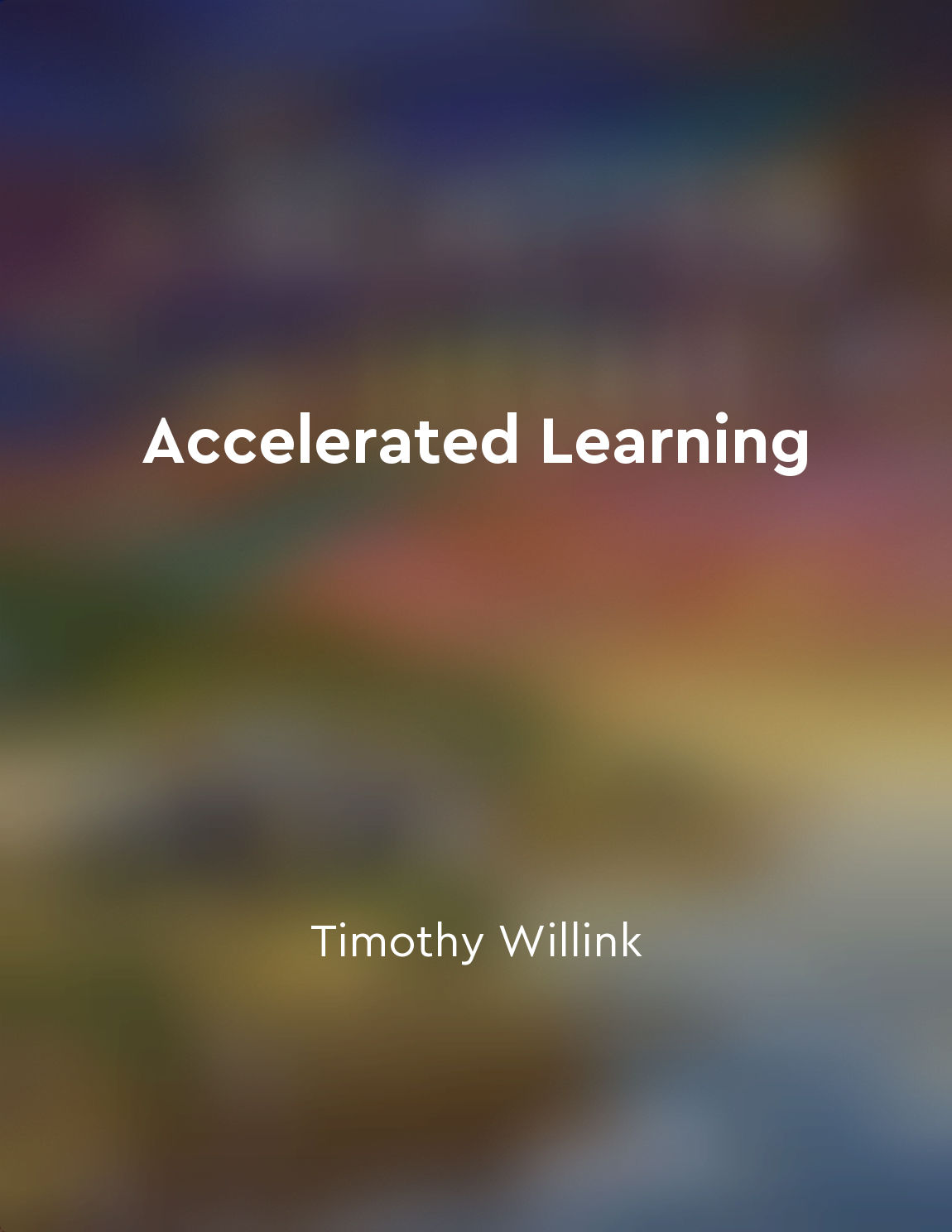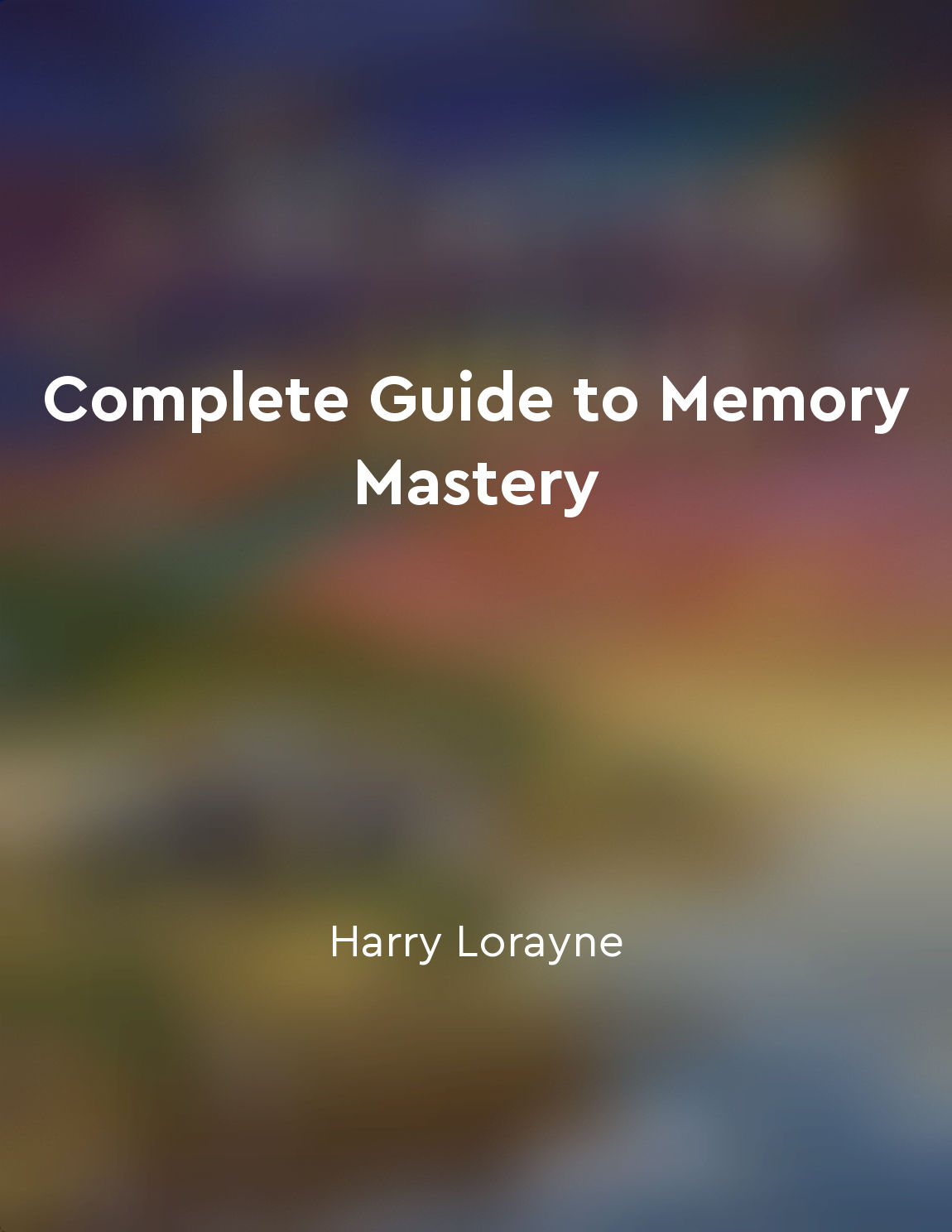Selftesting improves learning from "summary" of How We Learn by Benedict Carey
The idea that testing oneself can actually boost learning may seem counterintuitive, even downright wrong. After all, if you don't know something, how could trying to recall it on your own make that knowledge stick? It's a reasonable question, one that researchers have been exploring for decades. The surprising answer is that by forcing ourselves to retrieve information from memory, we strengthen the connections that lead to long-term storage. This is known as the testing effect, and it has been demonstrated in numerous studies across a wide range of subjects and ages. When we engage in self-testing, we are essentially practicing the act of retrieving information, which is a critical aspect of learning. By repeatedly calling to mind the material we want to remember, we are building a more robust memory trace that is easier to access in the future. This process of retrieval practice not only helps solidify memories but also enhances our ability to apply that knowledge in different contexts. In a way, self-testing is like a mental workout that strengthens our memory muscles and improves overall cognitive flexibility. Moreover, self-testing helps us identify gaps in our understanding and focus our subsequent studying on those areas that need improvement. When we test ourselves, we are more likely to recognize our misconceptions and errors, leading to more effective learning strategies. This feedback loop of testing, identifying weaknesses, and targeting those weaknesses for further study can lead to significant gains in knowledge retention and understanding. Incorporating self-testing into our study routine can be a powerful tool for learning, regardless of the subject matter or level of difficulty. Whether it's using flashcards, taking practice quizzes, or simply trying to recall information from memory, the act of testing ourselves can have a profound impact on how well we remember and comprehend material. By embracing self-testing as a valuable learning strategy, we can harness the testing effect to our advantage and unlock our full learning potential.Similar Posts

Review and revise regularly for reinforcement
Regularly reviewing and revising the information you have learned is essential for reinforcing your understanding and retention...

Stay organized and manage your time effectively
To reach your full potential, it is crucial to have a system in place that helps you stay organized and effectively manage your...
Utilize resources such as textbooks, online tutorials, and study guides
When it comes to studying effectively, it is important to make use of various resources that are available to you. These resour...
Cultivate a deep interest and curiosity in subjects
To truly excel in learning, it is essential to develop a profound fascination and inquisitiveness towards the subjects you are ...
Emphasis on problemsolving skills
This book aims to foster problem-solving skills in students by providing them with a wide range of challenging questions and ex...

Stay healthy
To be successful in your studies, it is crucial to prioritize your health. Your physical and mental well-being directly impact ...

Stay motivated
Maintaining motivation is crucial when it comes to mastering memory techniques. It is easy to become discouraged when faced wit...

Stay reflective on your strengths and weaknesses
It is crucial to constantly evaluate and be aware of your strengths and weaknesses. This self-reflection allows you to have a c...
Adaptability is key in leveraging cognitive capital in everchanging environments
In order to thrive in today's constantly evolving world, individuals and organizations must possess the ability to adapt. This ...

Stay consistent with your study routine
Consistency is key when it comes to your study routine. It's not enough to study sporadically or cram all your learning into a ...
